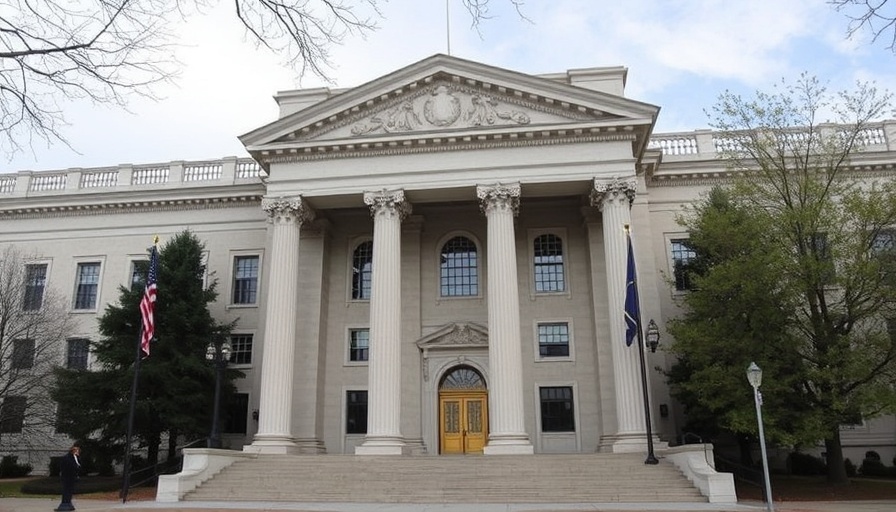
FDIC's Bold Move: Removing Reputational Risk from Regulation
The Federal Deposit Insurance Corporation (FDIC) is making a significant shift in its regulatory approach by eliminating the category of reputational risk from bank examinations. This move aligns with the recent decision by the US Office of the Comptroller of the Currency, which also ceased using reputational risk as a metric. Acting FDIC Chairman, Travis Hill, emphasized that while a bank's reputation is vital, concerns about reputation largely stem from traditional risk factors like credit and market risks that regulators already monitor closely.
Impact on Digital Assets and Banking Relationships
Hill's letter not only addresses reputational risk but also underscores the necessity for clearer guidelines concerning digital assets. The FDIC acknowledges that its previous stance often led banks to avoid engaging with blockchain technologies. In direct response to suggestions from lawmakers regarding digital asset regulations, the FDIC is now signaling a more welcoming approach toward institutions interested in incorporating these innovations into their operations.
End of Operations Targeting Crypto
Historically, industries classified as risky have struggled to maintain banking relationships—an issue typified by “Operation Chokepoint 2.0.” This unofficial campaign resulted in numerous tech and cryptocurrency firms being denied banking services, particularly following the downfall of banks favoring crypto. By erasing reputational risk from the regulatory toolkit, the FDIC aims to reduce these barriers and foster a more inclusive financial ecosystem.
Looking Ahead: A More Open Banking Environment
The FDIC's initiative represents not just a regulatory shift but a hopeful outlook for the future of banking, especially for the cryptocurrency market. As institutions begin to explore digital assets without the looming threat of reputational scrutiny, opportunities for innovative partnerships and services will likely emerge. For those invested in crypto and digital trading, this is a pivotal moment to watch closely.
The move by the FDIC reflects a broader trend towards a more accommodating financial environment for emerging technologies. Stay informed and connected to the latest developments in the world of cryptocurrency and trading. Your participation in this evolving landscape can lead to new and exciting opportunities!
 Add Row
Add Row  Add
Add 




Write A Comment